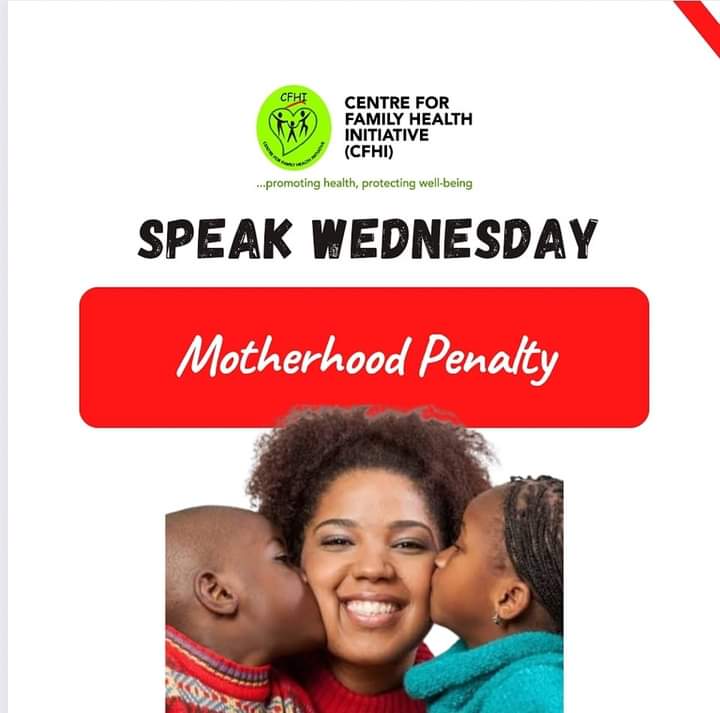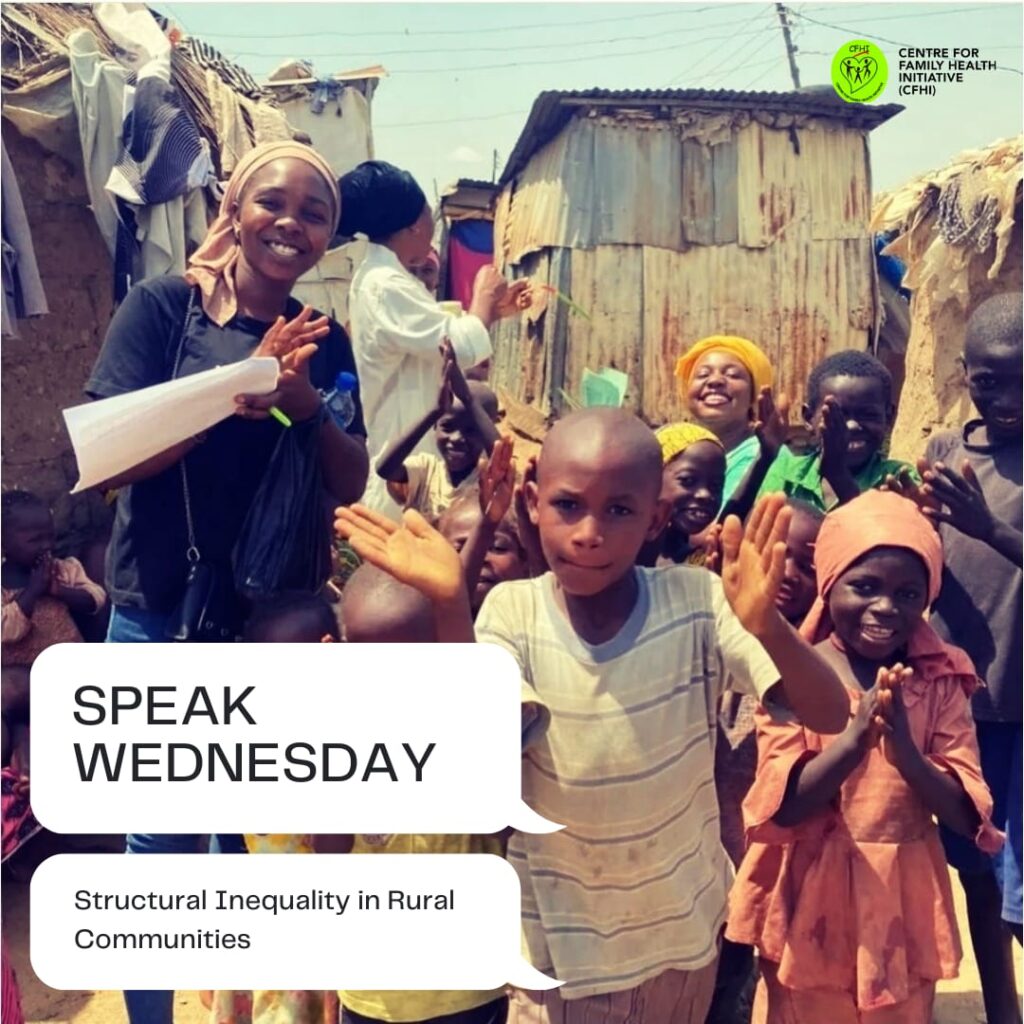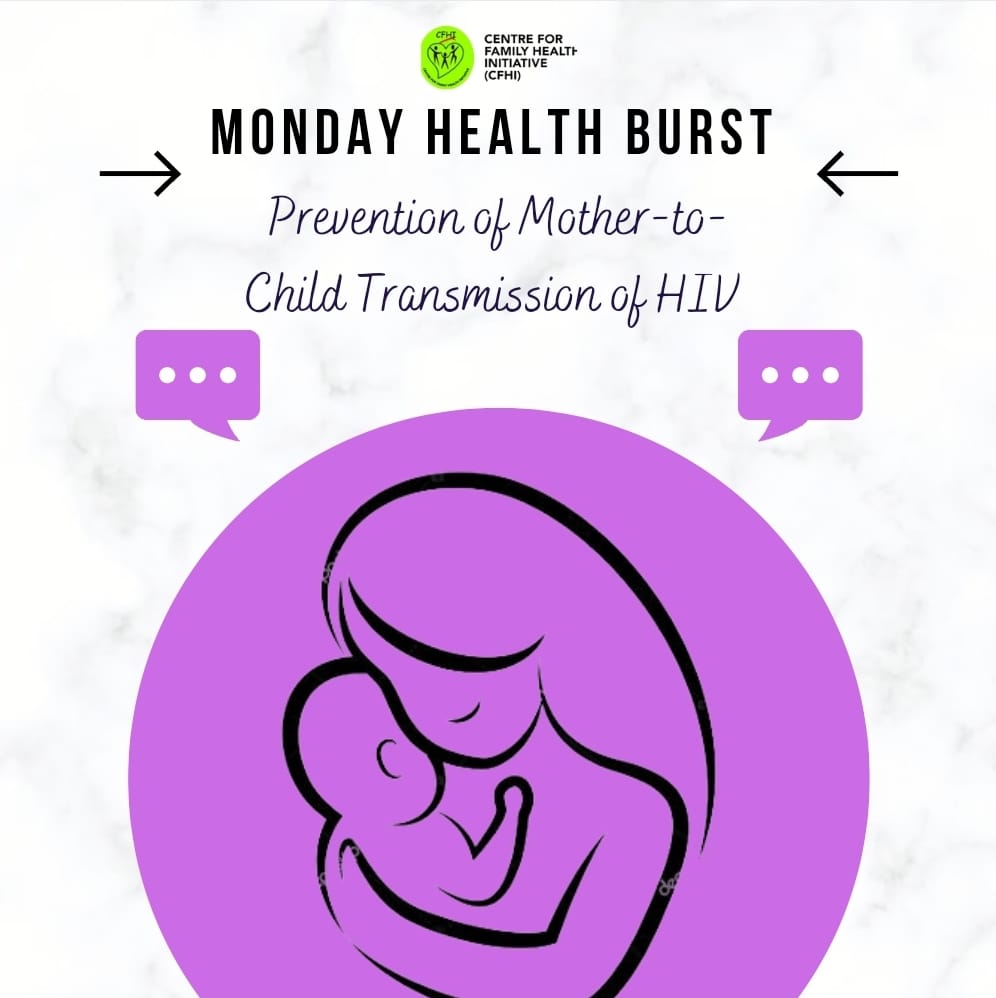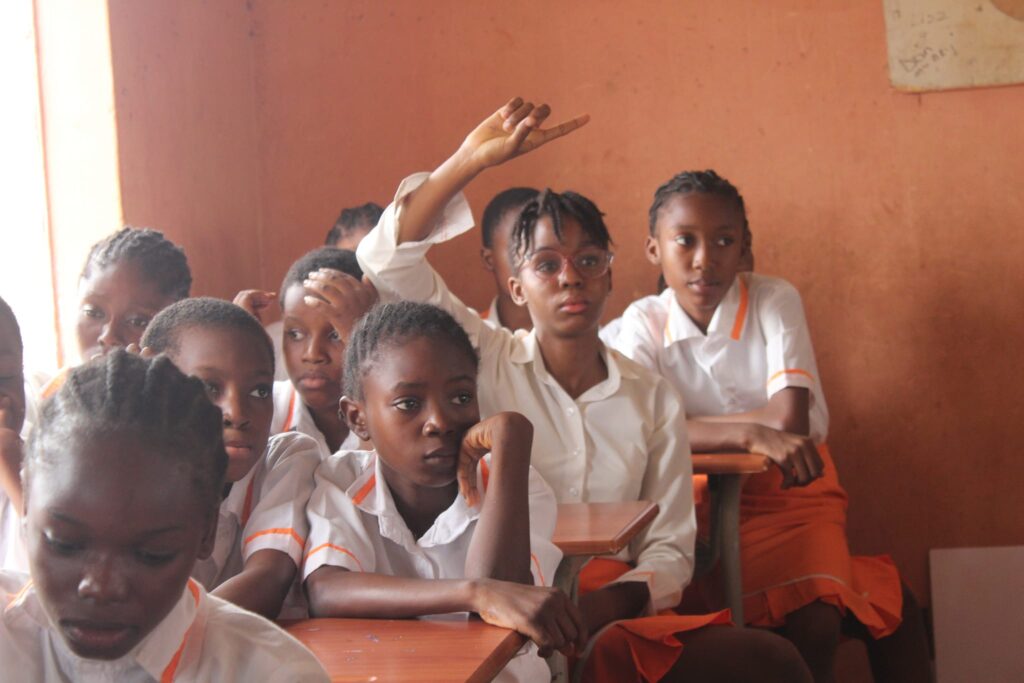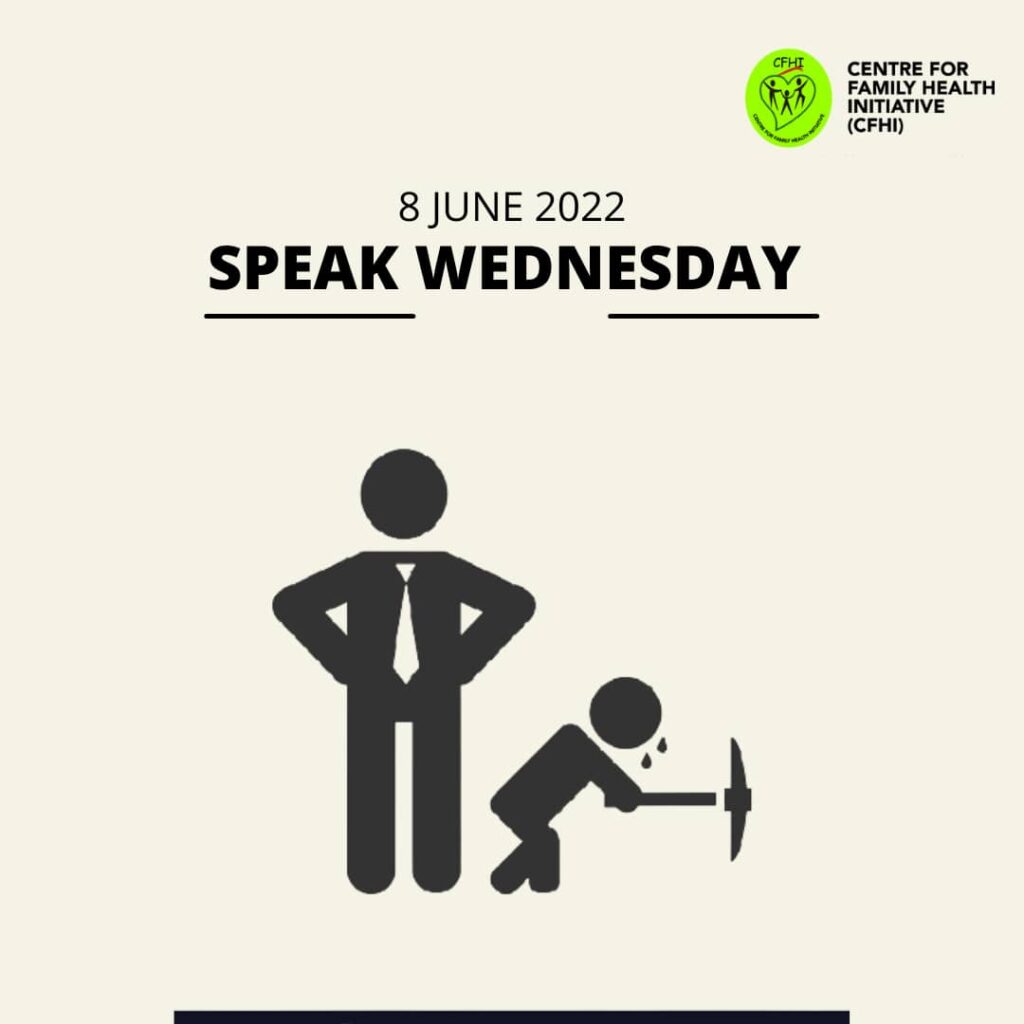Viral hepatitis is one of the most communicable diseases in the world. It is spread through contaminated blood, intravenous drug abuse and sexual contact with an infected person. In highly endemic areas like sub-Saharan Africa and Asia, hepatitis B is most commonly spread from mother to child at birth (perinatal transmission). In addition, infection can occur during medical, surgical and dental procedures, tattooing, or through the use of razors and similar objects that are contaminated with infected blood. Annually, viral hepatitis affects 400 million people worldwide, causing acute and chronic liver diseases and killing about 1.5 million people (4,000 people daily), mostly from hepatitis B and C. Yet, it is entirely preventable.

Infection with hepatitis B virus (HBV) or hepatitis C virus (HCV) is the main cause of liver cancer. According to Centre for Disease Control (CDC), viral hepatitis causes 80% of all liver cancer deaths. In Nigeria, liver cancer is the second leading cause of cancer deaths, accounting for over 11,000 deaths yearly and 32 deaths every day. Liver cancer is less common among children and teenagers and more common with adults. The average age of occurrence in Nigeria is about 46 years compared to the developed world where the average age of occurrence is in the mid-60s. Also, liver cancer is more common in men with a male: female ratio of about 2 in 1 according to National Center for Biotechnology Information (NCBI). Liver cancer is rare in children and teenagers.
Every year, July 28 is marked as World Hepatitis Day (WHD). It is a day dedicated to increase the global awareness and understanding of viral hepatitis and the diseases that it causes. This is because research shows that with better awareness and application of its preventive measures, this life-threatening disease could be eliminated, and 4,000 lives could be saved daily.
Centre for Family Health Initiative (CFHI) takes advantage of this special event annually to work towards eliminating viral hepatitis across different states in Nigeria. Aside awareness creation in communities by CFHI, other successful ways employed to curb this menace is to reach out to key populations in Abuja, Nasarawa and Imo states with sensitization programs, vaccination and referrals. These key populations include female sex workers, drug addicts, inmates in correctional centres, worship centres, and people living in hard-to-reach communities. CFHI also carries out street interviews to know the level of awareness of people towards hepatitis and has over the years reached out to over 1000 people.
During the sensitization campaigns, participants are shown different ways of preventing the transmission of viral hepatitis, which include avoiding sharing of needles and other items such as toothbrushes, razors or nail scissors, avoiding tattoos or body piercings from unlicensed facilities and screening of blood donation products, practicing safe sex by minimizing the number of partners and using barrier protective measures (condoms), reducing alcohol intake, obesity, and avoiding aflatoxin prone foods like tree nuts (almonds, cashews, and walnuts), peanut, rice, corn, dried fruits, cereals, among others.
During the street interviews by CFHI, about 40% of the respondents were unaware of what hepatitis really is, neither do they know the means of transmission and preventive measures; 30% agreed to have heard about hepatitis, but never cared much about it; 20% were either infected or affected by HBV or HCV; and 10% had proper knowledge of viral hepatitis and were vaccinated.

To significantly reduce the current hepatitis epidemic, screening and early diagnosis still remains a major tool in preventing transmission of viral hepatitis and other health problems that may result from viral hepatitis infection. There is need for massive awareness and widespread availability of these interventions. With CFHI already facilitating health education, screening as well as vaccination against hepatitis at the grassroots and among key populations, a larger number of persons in Nigeria will be reached with more support.
Follow us on all our social media handles for updates on the commemoration of World Hepatitis Day, 2022.

